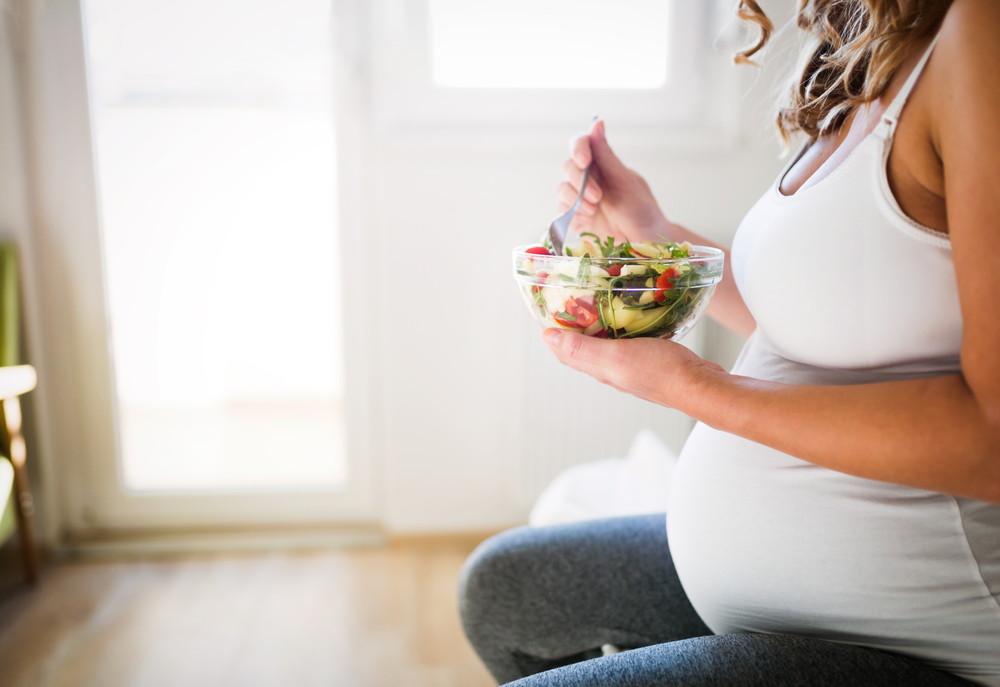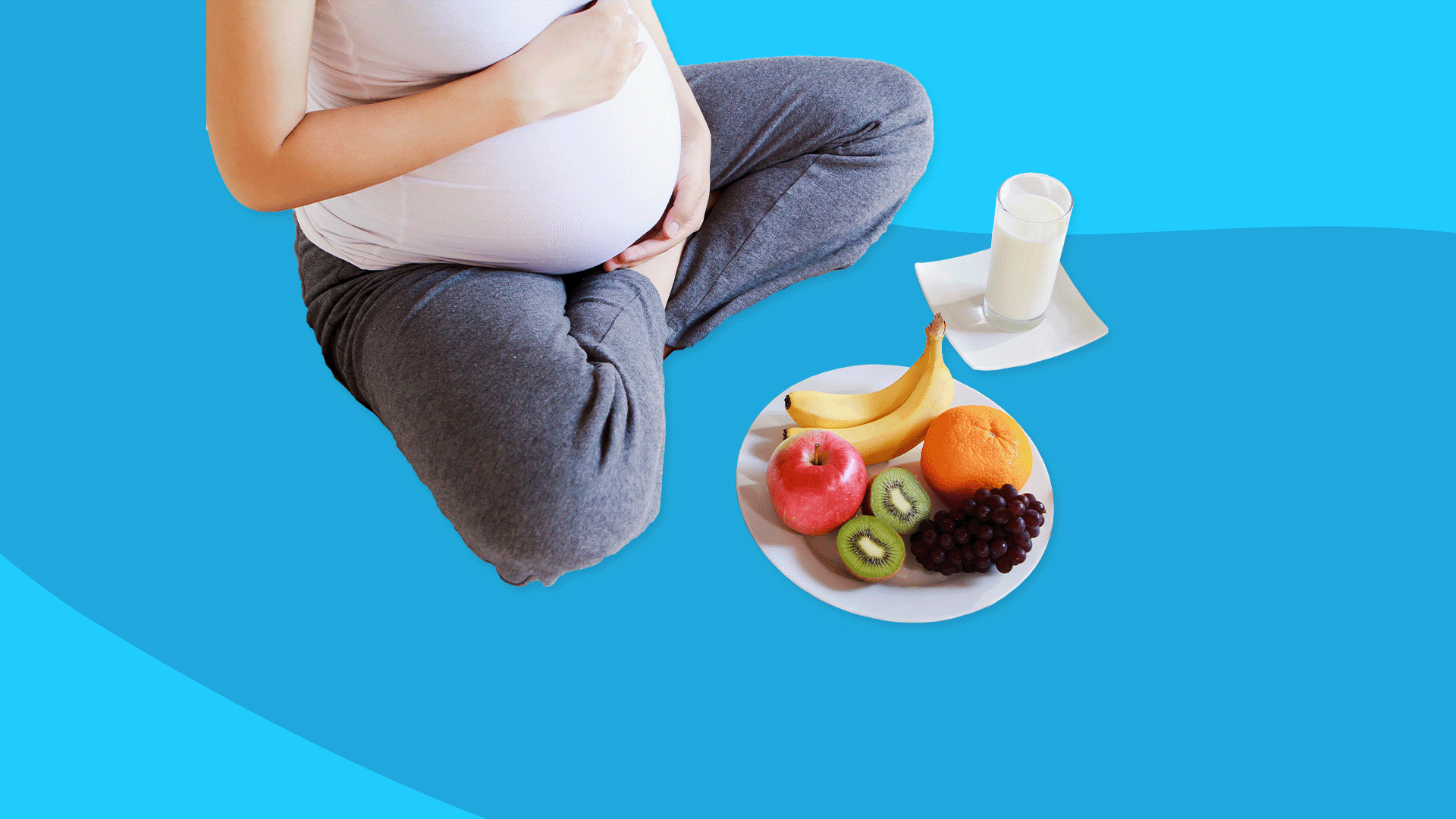How safe is it to have sexual intercourse during menstruation?
If you do not plan to conceive, you should use safe methods while having sex. Because if the menstrual cycle is regular, there is a high chance of pregnancy if you have sex on the 10th to 22nd day of the period. Therefore, it is considered safe to have sex before and for a few days after menstruation, even without the use of any means.
However, is it okay to have sex during menstruation or not? This question should be asked in two ways. One is the hygiene of the genitals and the other is the condition of not being pregnant.
The couple is ambivalent about this. But if both partners want to have sex during menstruation, there is no problem. However, during menstruation, the possibility of sexually transmitted diseases is higher than at other times, so temporary means should be used.
What is the probability of pregnancy?
A woman who has regular periods does not get pregnant if she has sex at that time. But if there is irregular menstruation and a short menstrual cycle, there is a risk of pregnancy in women. For example, a woman who has regular periods may become pregnant if she has intercourse during that period thinking that it is menstruation when she bleeds after a long time. When having sex, one should be sure that the menstrual cycle is not regular.
Similarly, if a woman's menstrual cycle is short, i.e. 28 days, ovulation can occur even in seven days. As a result, even if you have sex on the fourth or fifth day of your period, you can still get pregnant. If menstruation happens in 30 days, the ovulation becomes delayed, so even if you maintain intercourse after 6-7 days of menstruation, the chances of pregnancy are less.
Even if regular contraceptive medication is continued during menstruation, there is no chance of getting pregnant. The pill does not stop working whether you are menstruating or not. It is safe to use a condom or birth control pills if you have sex while you are menstruating.
Is there a risk of infection?
Having sex during menstruation increases the risk of sexually transmitted infections. Because viruses live in blood and sexually transmitted diseases can spread through contact with blood. Using a condom during sexual intercourse can reduce the risk of sexually transmitted diseases.
A woman's body undergoes many changes during menstruation. Various studies have shown that lubrication is not necessary if the relationship is established in that order. Also, by establishing a relationship during this period, the menstrual effect migraines and headaches caused by some women are reduced.
Something to note
Most women have a disease or infection and if intercourse hurts, it is better not to have intercourse as much as possible. If you have a stomach ache or are physically weak, not having sex can cause more problems. If the woman is ready for sex and the man is also ready to take precautions, then sex can be done. Before starting a relationship, you should start a relationship only if your partner also wants it. If there is bleeding, intercourse should be done only after cleaning. Wash your private parts thoroughly before and after intercourse. If a woman is wearing a tampon during her period, she should remove it.
Does green tea really control obesity and blood pressure?
The practice of drinking green tea as a health-enhancing drink is increasing, even in Nepali society. Consumers have been drinking it saying 'for health rather than taste'.
On the other hand, manufacturers and sellers have been claiming that green tea is a very beneficial drink. The use of green tea has increased not only in Nepal, but all over the world.
Some drink it as 'to reduce obesity', while others drink it as 'to control blood pressure and diabetes'. Some drink green tea as a 'anti-cancer' drink and some as a 'skin brightening' drink.
Is green tea really beneficial?
What is the ingredient in green tea, which reduces the risk of cancer from lowering blood pressure, obesity?
There have been different studies on this at the international level. According to a study published in the National Library of Medicine, green tea has properties ranging from obesity control to anti-cancer properties. A report by Time magazine mentions that green tea naturally reduces high blood pressure.
Anti-cancer agent
Green tea contains epigallocatechin gallate (EGCG), an antioxidant of the flavonoid family. It prevents damage caused by free radicals in our body. Free radicals are the ones that destroy body cells and increase the risk of cancer.
In a report published in The Medical Today, it is claimed that the rates of some cancers are lower in countries that consume green tea. Based on more than 100 studies reviewed in 2020, green tea has been shown to be effective in reducing the risk of cancer.
Cancer specialist Dr. working in Patan Hospital. Arun Shahi also agrees with this. He says, 'Since it contains abundant anti-oxidants, it fights free radicals and reduces the risk of cancer.' He says that green tea works well to prevent cancer-causing elements from dominating.
Controls blood pressure
Working in Om Hospital Dr. Kamal Sharma Lamsal says, 'The polyphenols found in it reduce high blood pressure and blood sugar levels. Also, by breaking down the fatty substances accumulated in the blood vessels, it facilitates the functioning of the heart and brain.
A study conducted by the British Heart Foundation also found that drinking green tea every day makes the arteries of the heart open and soft. As a result, it reduces the risk of heart attack.
On the other hand, according to Forbes Health, there were 9 different studies on this topic in 2016. Analyzing the study, it was found that drinking three cups of green tea daily reduces the risk of stroke and heart attack.
Obesity control
In a report of Medical News Today, the fact that green tea reduces obesity has been presented. Accordingly, green tea makes the metabolism more effective. Metabolism is the process of converting any food we eat into energy. Green tea contains caffeine and catechins, which help in digesting food.
A review published in 2010 noted that green tea can help control weight. Certain compounds present in green tea break down body fat. What was found in an eight-week study is that if you drink green tea and exercise at the same time, you burn fat faster.
"Beneficial if you drink it properly": Dietitian Dr. Raju Adhikari
Green tea is a healthy drink. It has many benefits such as reducing obesity, controlling blood pressure, improving heart and brain function. There have been many studies around the world on how green tea works. And it has been used for centuries.
It is a rich source of antioxidants. Due to this property, green tea plays a role from benefiting the heart to reducing the risk of cancer. Apart from that, green tea contains micronutrients like potassium, magnesium, vitamin B-2.
Green tea also acts as an anti-aging agent and maintains the glow in the skin of the body. The amino acid L-theanine found in it produces hormones such as dopamine and serotonin, which keep the brain excited and happy.
There is no doubt that green tea is very beneficial. However, it is not a medicine that has an immediate effect. The effect of green tea is gradual in the body. It benefits those who drink regularly.
It also affects the physical condition of the person, lifestyle etc. If you eat right, exercise, green tea will benefit your body more. However, on the contrary, if your lifestyle is bad, green tea will not cure any disease.
There is a saying in Nepali, too much causes damage. The same should be said in the case of green tea. It is best to drink three to four glasses (of medium size) of green tea a day.
Likewise, green tea should not be drunk on an empty stomach. Pregnant women, those with low blood pressure should also not drink green tea. Those who are undergoing treatment for a disease or taking medication should consult a doctor before drinking green tea.
What is the correct way to drink gin tea?
How much, how and when to drink green tea determines how effective it is.
how much to drink
Drink three or four cups (medium cup) a day.
What time to drink?
Green tea should not be drunk on an empty stomach, with or after meals. It is best to drink green tea 30 to 45 minutes before and after meals.
How to prepare?
Green tea does not need to be brewed like other teas. Put green tea in a cup and pour hot water over it. Two or three Cover the minutes. Then you can drink green tea.
What kind of green tea to drink?
There are many green teas in the market. It is useful to take open green tea as much as possible. After soaking in water, tea leaves look green again. It is important to understand whether the tea is certified organic or not.
Is turmeric anti-cancer?
Turmeric not only makes vegetables look attractive but it is also beneficial for health. Turmeric is rich in calories, vitamin A, calcium, phosphorus and iron. Various studies have been done on turmeric around the world.
Curcumin is a medicinal substance found in turmeric. It is considered useful and effective for cancer patients. Oncologist Prof. Dr. Vivek Acharya says, 'There is no fact or research that turmeric does not cause cancer, but the curcumin content found in it has antioxidant and anti-inflammatory properties. It kills cancer cells in the body and prevents others from growing.
But curcumin is extracted from powdered turmeric available in the market. It does not matter who eats turmeric or not. Therefore, if possible, curcumin content can be replenished by producing it at home and eating turmeric powder.
It is beneficial for health if you take half a teaspoon in the morning or evening or a small teaspoon at a time. Acharya says.
Ayurvedic doctor Dr. Puneshwar Keshari says that since turmeric contains antioxidant, anti-inflammatory, antibacterial, antiviral, anti-fungal, and immunomodulation properties in abundance, it protects the cells in the body from infection and increases immunity. It kills cancer cells and prevents them from growing.
Curcumin, the active ingredient found in turmeric, dissolves easily in fats and oils. But it is insoluble in water," Dr. Keshari says, 'Therefore, if turmeric is to be used, it can be mixed with milk like fatty foods. When eaten in this way, the substances found in turmeric are easily absorbed by the body. But if you mix turmeric with water and eat it, it is not as effective as milk.
Turmeric is used both externally and internally. For external use, applying turmeric paste on the skin helps to protect against skin allergies, wounds, sores, warts. Similarly, mixing some herbs with turmeric and applying it on the skin makes the skin soft, smooth and shiny.
When and how much to eat?
Turmeric can be consumed daily in the morning and evening. Because it dissolves in milk, it is very beneficial to put turmeric in milk after eating. It is also called Golden milk. During the corona epidemic, golden milk i.e. turmeric-infused milk was widely used.
According to doctors, you can eat up to 12 grams of turmeric in a day. Do not eat more than this. It can cause disadvantages instead of advantages. Two to four grams can be mixed with milk and eaten.
According to doctors, research has shown that diabetic patients get good benefits by mixing equal amounts of amla and turmeric powder in milk. Eating 6 grams in the morning and in the evening after eating helps to prevent type 2 diabetes.
Under what circumstances should you not eat turmeric?
Dr. Ayurvedic doctor, who can sometimes have negative effects with this beneficial turmeric. Keshari says. The use of turmeric is not suitable if you are taking allopathic medicines, i.e. blood thinners. It thins the blood and causes bleeding. Similarly, if you have undergone surgery for any disease, then it is better not to use turmeric. Turmeric should not be used as a medicine by people suffering from hemophilia, i.e. long-term bleeding due to injury.
Similarly, if you have other bleeding diseases, you should not consume turmeric. This can lead to complications instead of benefits. Turmeric helps in immunomodulation and increases immunity.
How can you distinguish the purity of turmeric?
Turmeric is considered health promoting for the body. How pure is the turmeric that we are using daily? It also depends on that. Because the turmeric available in the market now has various chemicals or powder mixed in it. Therefore, it is necessary to check whether the turmeric used in the kitchen is pure or not. Ayurvedic doctor Keshari says that the purity of turmeric can be checked at home.
How to check
Pour clean water in a glass, add the turmeric powder bought from the market and dissolve it and then leave it for a while.
Turmeric is mixed with some powder in a glass of water. Which means that turmeric has been adulterated. If there is no adulteration, it dissolves in water and floats on top. Hydrochloric acid is also used to measure purity. Mix turmeric powder in hydrochloric acid. Mix it well, enough foam will come out. Similarly, if the color of turmeric turns pink or purple, it may be adulterated.
Turmeric used in every dish is not necessarily pure. A chemical called Metanil Yellow is added to the turmeric that is bought from the market and used. While it can also cause a terrible disease like cancer.
There has been an experimental study to see if curcumin extract from turmeric is useful for cancer, Dr. Puneshwar Keshari says, 'Until now, no study has been done on cancer patients.'
This is beneficial
With the help of turmeric and its main component curcumin, childhood leukemia, i.e. blood cancer, can be prevented. It helps to detoxify the liver, which reduces the risk of cirrhosis and jaundice. It keeps all parts of the body healthy and free from toxins.
It reduces factors like digestion, gas and bloating to reduce weight, fat may Helps activate metabolism. It has anti-inflammatory and antiseptic properties as well as antibacterial properties. Therefore, turmeric works as a cure for all types of diseases.
Turmeric strengthens the immune system thanks to its strong antioxidant activity, which fights free radical attacks on the system. Its strong anti-inflammatory properties are also effective against the development of rheumatoid arthritis. If taken as a supplement, turmeric pills help in reducing joint pain.
Regulates homocysteine levels and controls cholesterol levels. It also helps prevent heart attacks. Regulates insulin levels and thus has a limited effect on diabetes control.
In the latest research on turmeric on Imri Day Health News Portal, turmeric has a long history in Asia as a treatment for all kinds of health problems, including digestive problems. A recent study found that the bright-yellow spice and its active ingredient, curcumin, may be as good at fighting indigestion as the over-the-counter drug omeprazole (Prilosec).
According to a study published in BMJ Evidence-Based Medicine, scientists randomly assigned 151 adults with indigestion to one of three diets. Participants took two 250 milligram (mg) capsules of curcumin. 20 mg tablets four times daily or both treatments combined. The researchers asked participants about the severity of indigestion symptoms such as diarrhea, nausea, and abdominal pain at the beginning of the study on days 28 and 56, and again later.
According to study results, participants reported a reduction in symptoms in all three treatment groups.
Is it safe to take curcumin supplements for indigestion?
Although the study did not identify any serious side effects with curcumin or omeprazole (stomach acid-reducing drugs), laboratory tests showed that curcumin could cause liver damage in some overweight people.
Furthermore, the quality and quantity of curcumin in supplements may vary. Yuying Luo, assistant professor of gastroenterology at the Icahn School of Medicine, says, "Turmeric itself has been linked to liver injury, and when mixed with other substances, such as black pepper, it increases blood levels of curcumin."
Participants in the study consumed a total of two grams of curcumin daily and experienced no side effects. It is not associated with liver problems at doses up to 6 grams daily,' says Dr Luo. But she suggests reading the label of any supplement carefully and consulting with your doctor.










